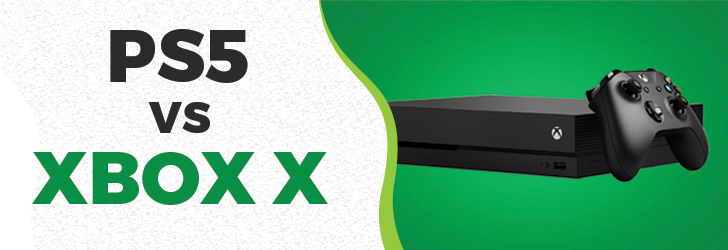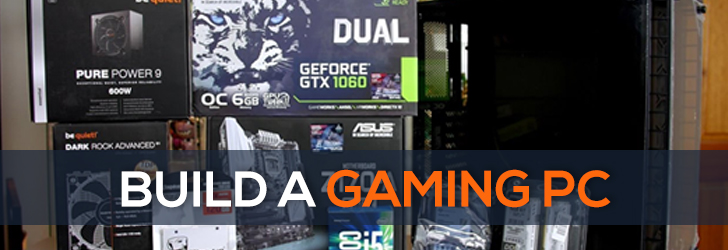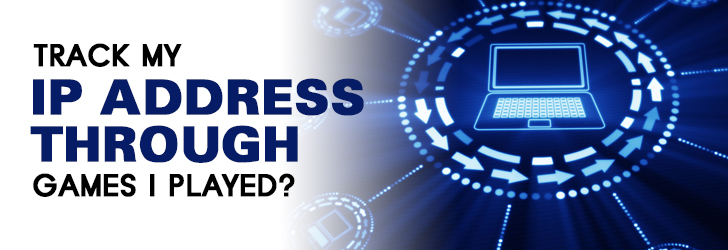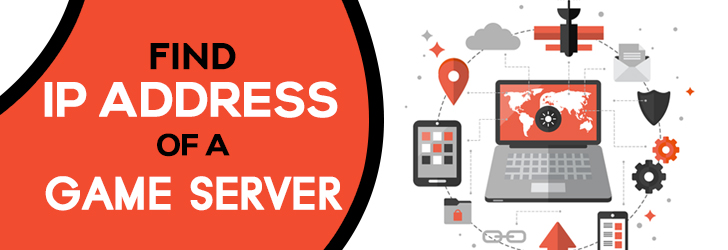
Earlier this Summer, Sony skipped out on a traditional E3 press conference leaving fans wondering what's next on the horizon. In a rather uneventful way, Sony announced its next-generation hardware the PlayStation 5 in April 2019. We didn't get any pictures of the new console or controller. However, Sony did elaborate on the power of the system along with the new DualShock 5 controller. While the design of the hardware hasn't been shown off yet, dev kits for the system have apparently been shown off online.








